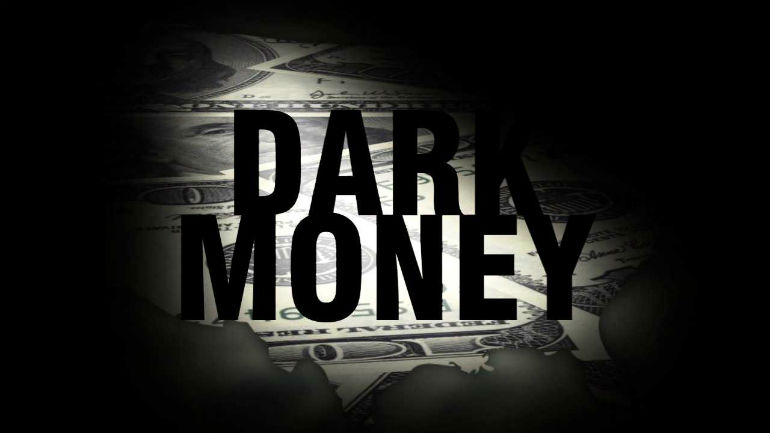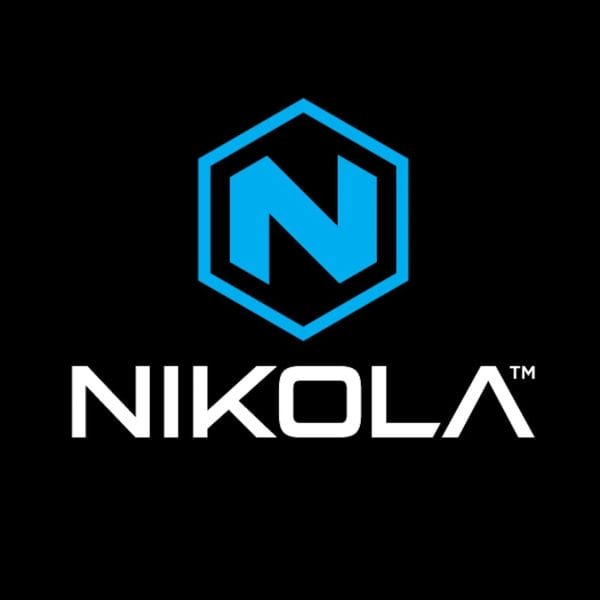By David Brancaccio and Alex Schroeder | Marketplace Morning Report
The “Marketplace Morning Report” is running a special series, “Secret Money, Public Influence,” on money, politics and whether campaign donors can be “secret Santas” who spend big but don’t have to disclose it. This election cycle, we traveled to Arizona, where, in a month, voters will decide whether some of the biggest campaign spenders should have to reveal their identities. How this measure got on the ballot, what it hopes to achieve and what opponents say about it provide lessons about the so-called dark money that can sway elections near you.
The measure, Proposition 211, would make political nonprofits that gather large sums of money disclose the names of their original donors. There are parameters on this: It applies to groups that spend $50,000 or more on a statewide campaign or $25,000 or more on a local campaign. And the original sources would only be made public if they gave $5,000 or more.
Terry Goddard, a former Arizona attorney general, knows money laundering. What he calls dark money is not criminal money laundering, but it is a way to launder money, he said.
“The same techniques that are used by the cartels to move money from sale of drugs into legitimate business is the kind of thing that’s being done politically with the dark money operation,” Goddard said.









